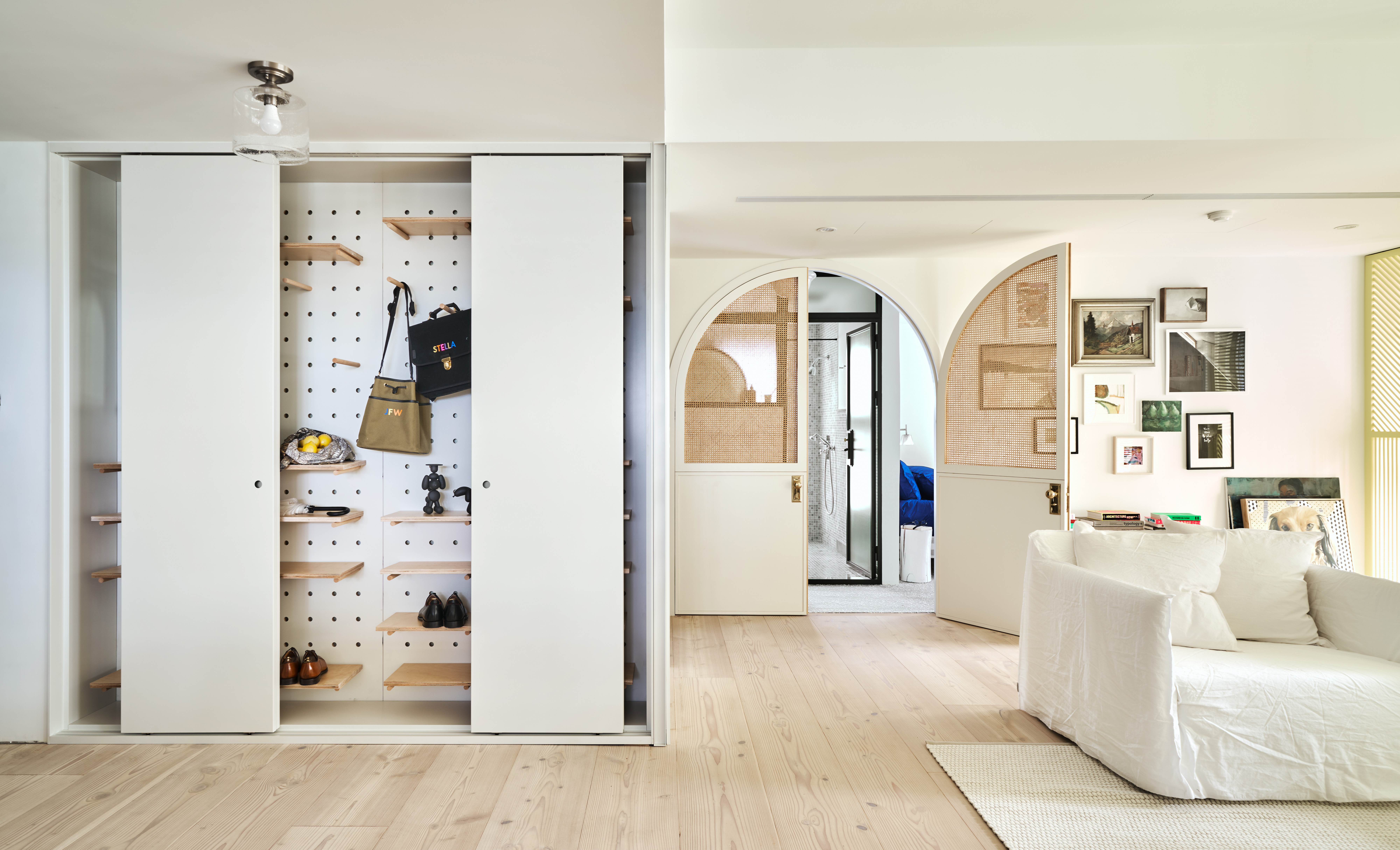
We're not sure if it's the longer days or the seasonal switch-up, but a deep declutter is customary for this time of the year. Making a start is half of the challenge, but having spoken to the experts, we've come to the conclusion that there are some common contenders when it comes to what to declutter, and they make useful starting blocks for a more strategic sort out.
If you're not sure how to start decluttering or what to get rid of, turn to these items if you're stuck. With suggestions straight from the experts, you can tick things off this list as you organize your home and before you know it, you'll fancy yourself an expert at all things decluttering.
1. Expired Food
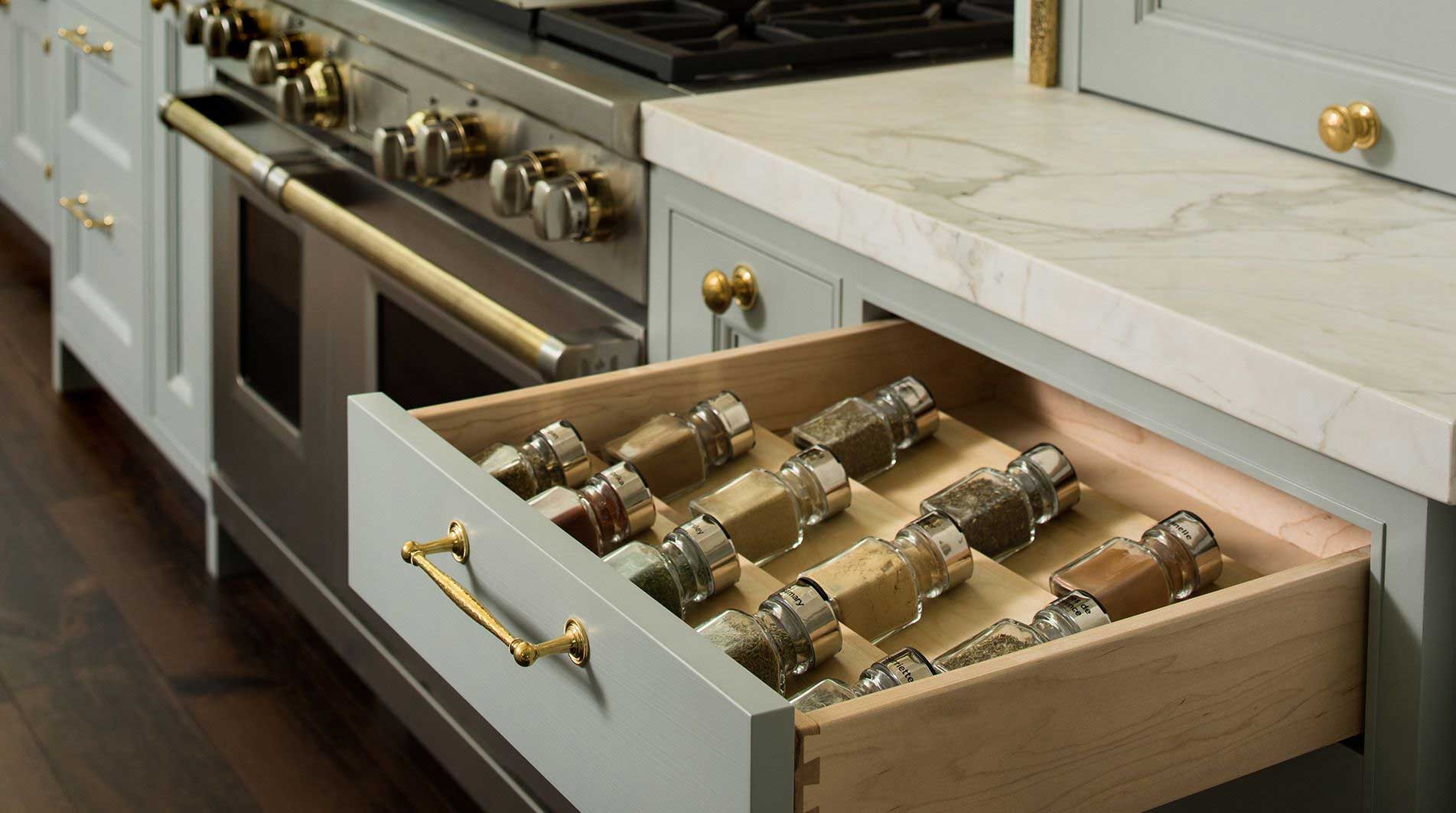
We have all experienced reaching into a crowded cupboard of bottled spices and herbs, only to come out with a bottle that tells us that we're well over the expiry date. And in the moment, we dump the bottle but we forget to rummage through the rest of the cabinet to discard the others - and there's always others.
Di Ter Avest, founder of Di Is Organized, tells us that kitchens are notoriously overlooked clutter zones that require regular attention for upkeep. 'Expired foods are a common problem factor in many homes,' she says. 'A lack of pantry checks will likely keep your kitchen cluttered with expired goods that can reduce the quality of your cooking.'
So the next time you venture into the kitchen and you've got some time on your hands, we suggest taking all the edibles out of your cabinet and onto the countertops to check them item by item. Not only will this keep you safe from consuming anything that's spoiling but it'll also help you collect inventory of what you have and what your kitchen's missing.
2. Outdated Electronics
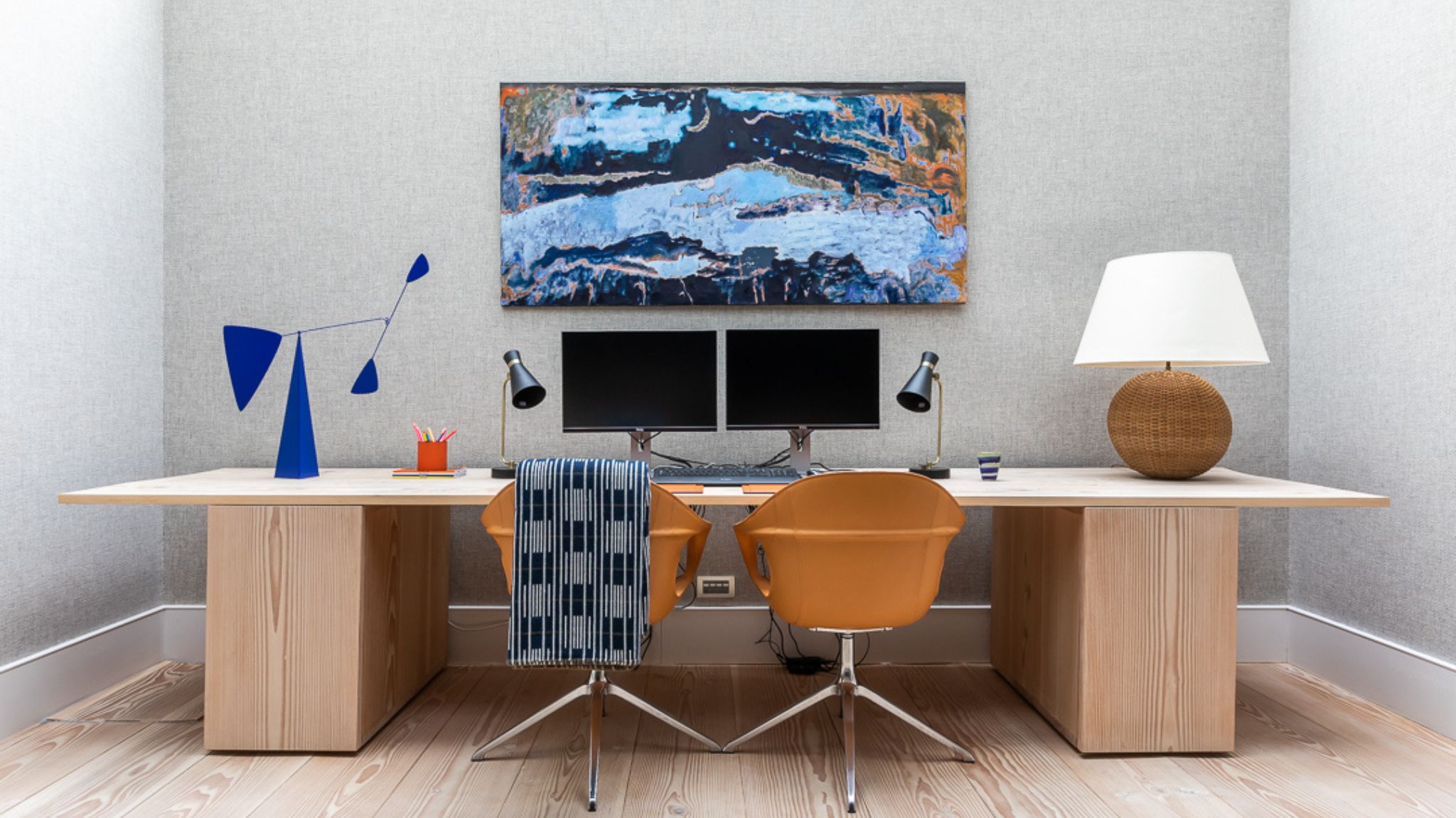
We all have that one hauntingly cluttered drawer of old cables, earphones, and other electronics that's well overdue for a cleanup. Professional organizer Meaghan Kessman tells us that outdated electronics are an unexpected cause of cluttered homes. 'As technology evolves, outdated devices should be responsibly disposed of to make room for the new,' says Meaghan.
Home offices and studies usually have a designated cabinet for outdated electronics and after a point, you have to consider the fact that you'll never truly use them again. We suggest donating the gadgets that are reusable, recycling the rest, and repurposing any old charging cables and wires. You'll be surprised at the space you'll have upon clearing these old unused electronic bits.
3. Unused Tools & Equipment
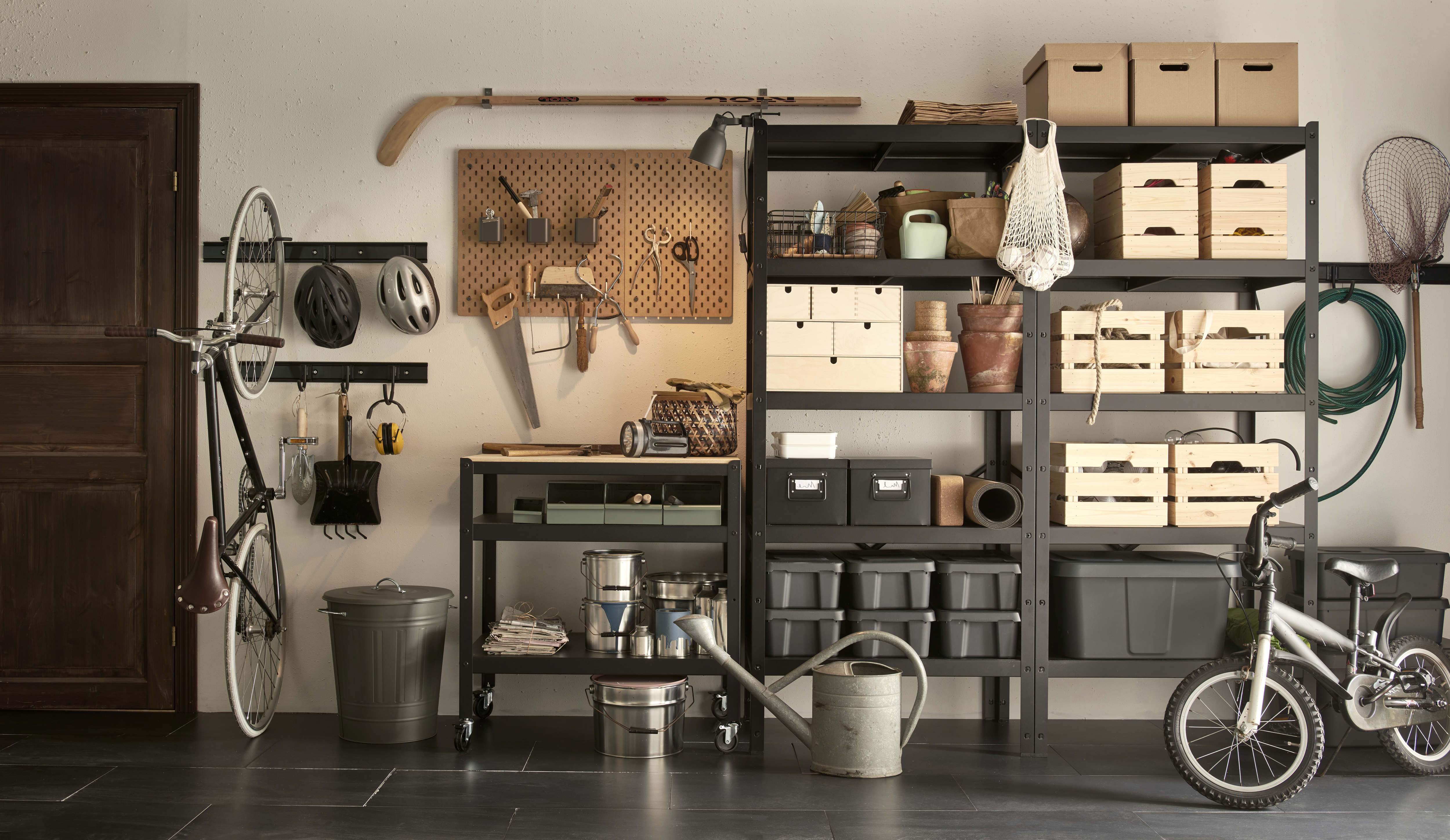
We're not surprised at the fact that garages become dumping grounds for random unused belongings. Di tells us that tools and equipment that are broken or haven't been used in years occupy valuable space that could be better utilized. She suggests clearing them out of your garage in order to make space for items that can actually be deemed useful.
The garage is a great place to store things that you don't necessarily use on the regular that actually come in handy around your home. Out of sight may be out of mind but eventually, you'll have to tackle the clutter and it's better to do it periodically rather than letting the clutter build up until it's an overwhelmingly disorganized space.
4. Old Toiletries
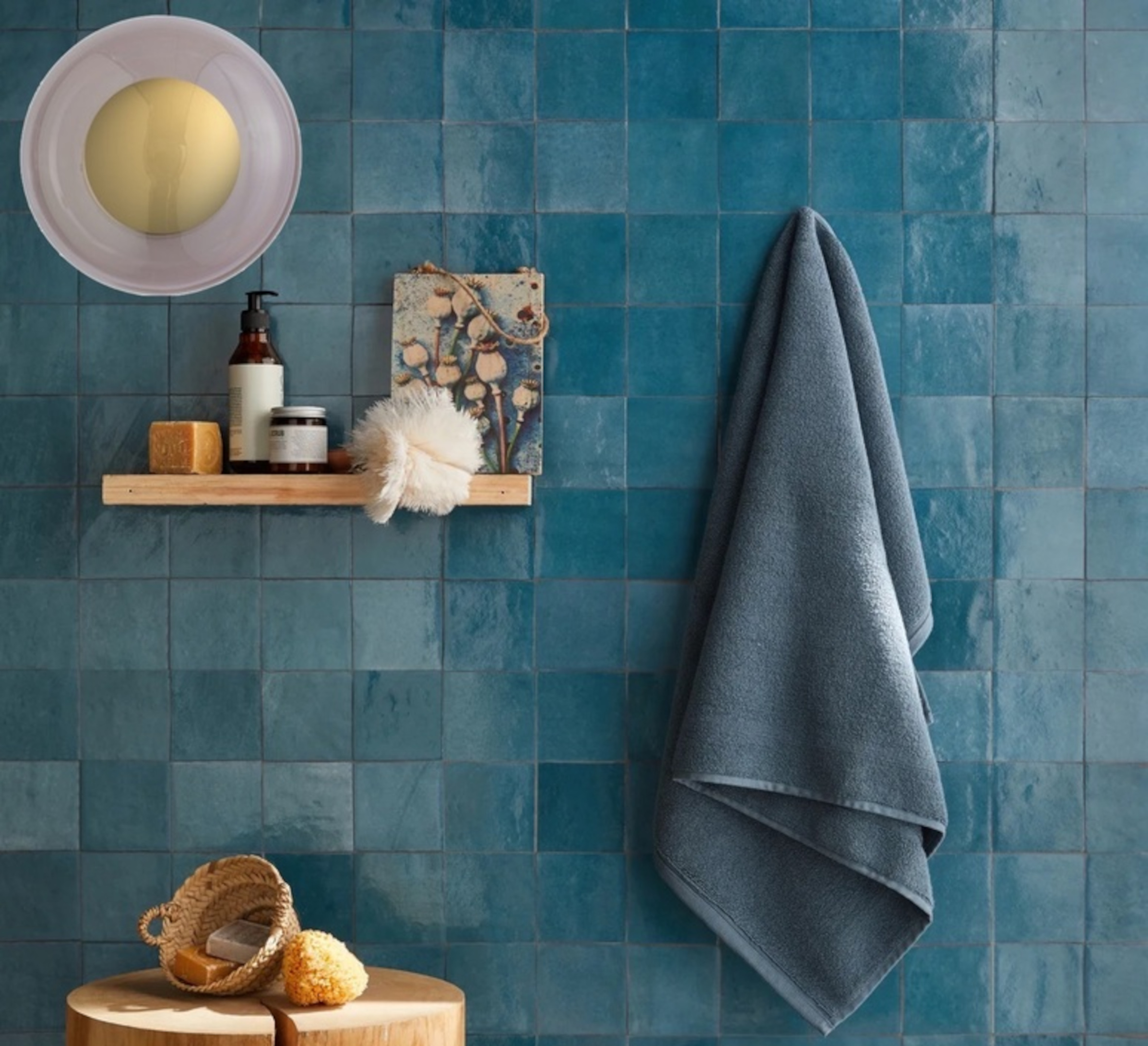
With 10-step skincare routines in place, it's no surprise that we end up with rows of bottled topicals in our bathrooms. And since we usually end up finding our favorite few, we reach for those on a regular basis while ignoring the rest. This results in expired makeup and even medicines that should not be left to spoil further, making them one of the key things to get rid of in a bathroom.
'Expired medications and toiletries can be ineffective or harmful. Properly disposing of them ensures a safer and more organized bathroom space,' says Di. Refraining from decluttering your bathroom may lead you to use or consume old products which could result in serious consequences for your skin and your health.
5. Paperwork & Bills
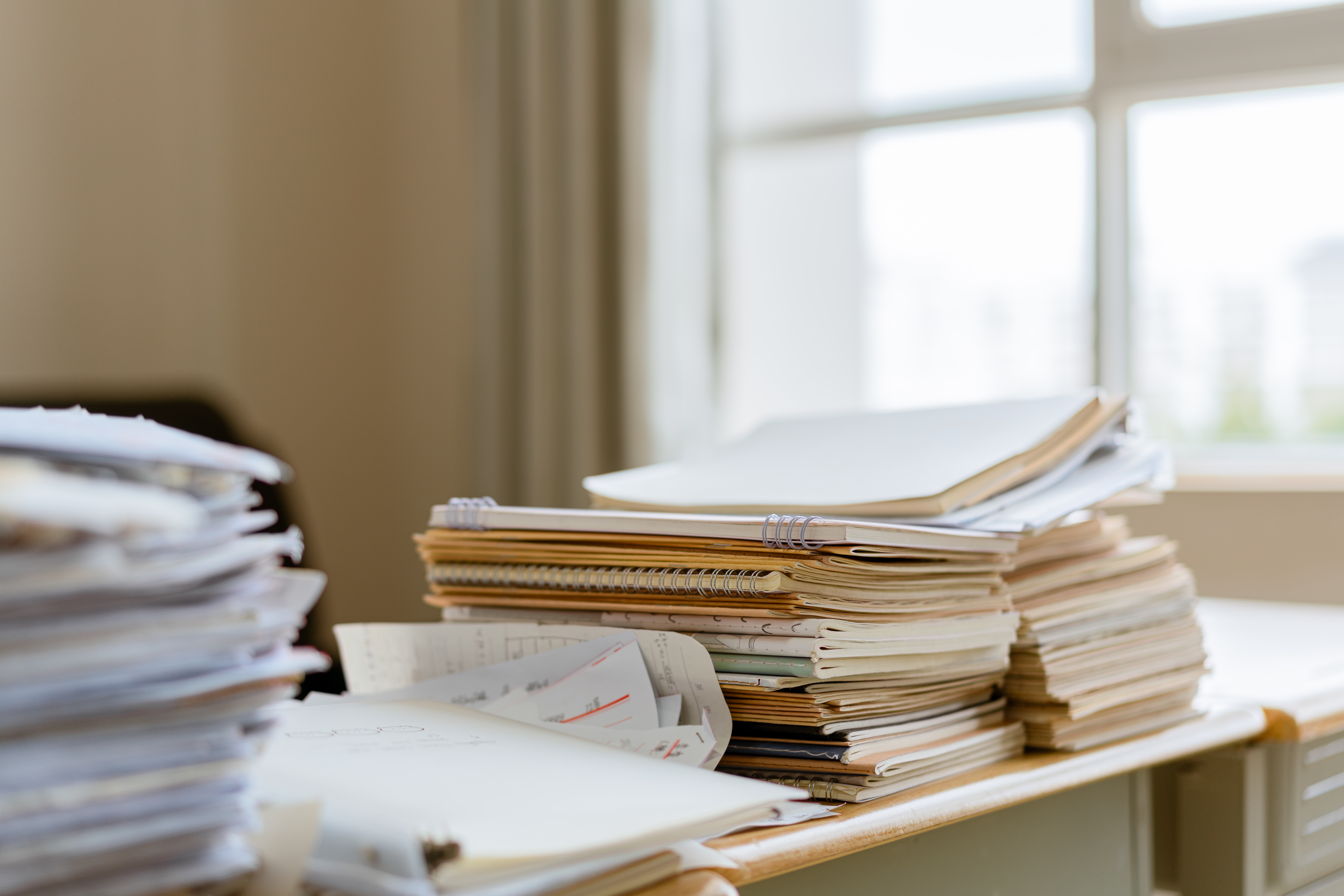
While speaking to varied experts, we noticed that paperwork was on all of their lists, making it one of the most common household items to be added to your decluttering checklist. Professional organizer Kayleen Kelly tells us that the heavy pile-up of paper has led her to a near-paperless system by shifting everything online.
'Most people are drowning in paperwork,' she says. 'I recycle 99% of what comes through my doors but having a system for paperwork is so important so you can ensure you're processing through and not piling things up.' She explains she immediately tosses junk mail and while she does hold onto important mail and bills, she ends up recycling them as soon as they're no longer needed.
Similarly, Di suggests shredding outdated paperwork including office documents, unwanted letters, and old receipts in order to ensure an efficient work environment. Besides the conventional waste paper items, Meaghan points out that household items like crumpled magazines and newspapers that are way past their date commonly rack up in living rooms and should be sent to recycle for a clutter-free living space.
6. Broken Toys
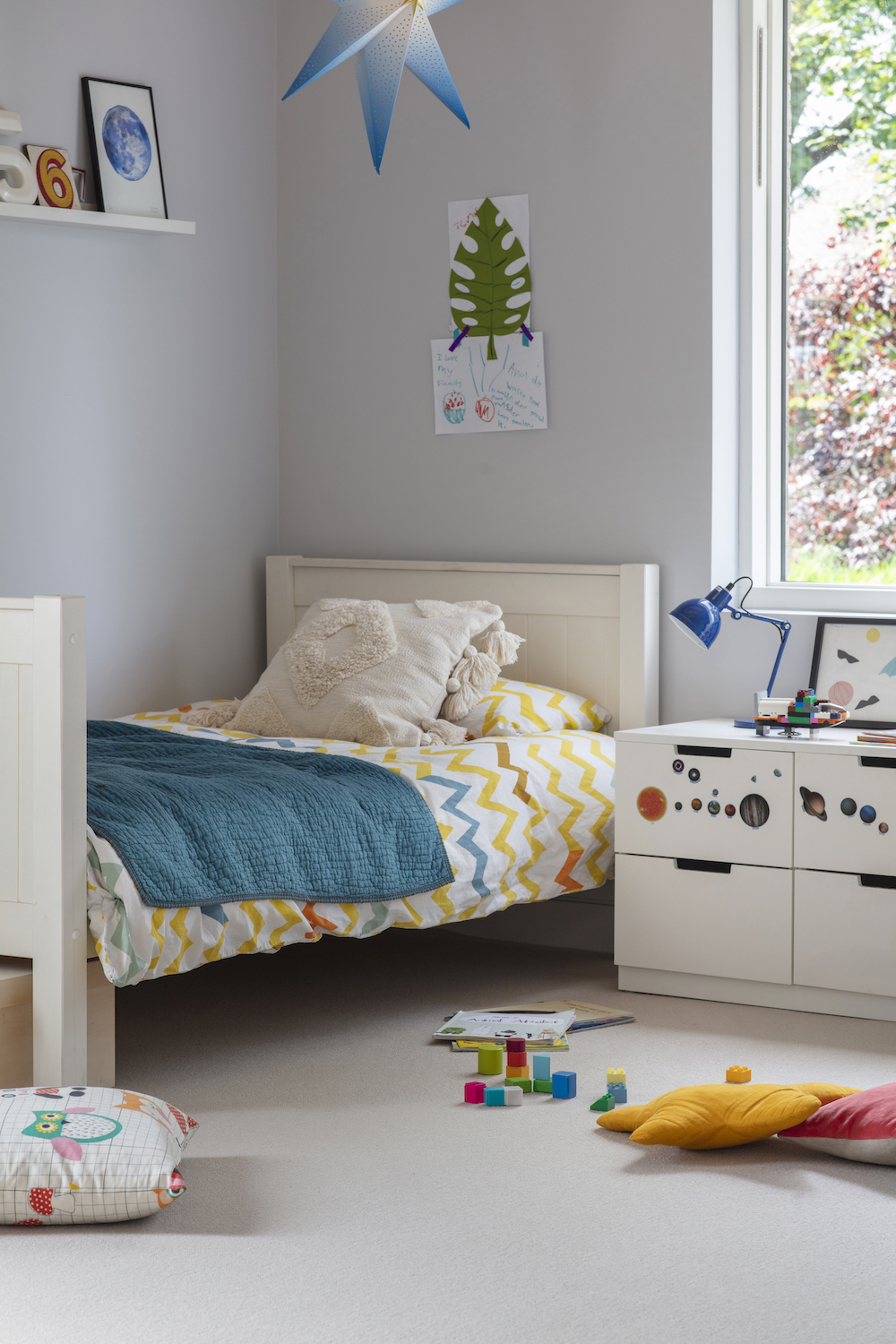
According to Di, kids' playrooms often accrue broken and unused toys that sit unused for months on end. 'Broken toys and incomplete games are often ignored but removing them encourages a more organized and functional play area,' says Di. While we do understand the sentimental value behind childhood toys, there comes a day when you might have to bid certain toys goodbye, and doing so will keep your kids' rooms tidier and will make space for newer additions to their playrooms.
To declutter a kids' room, take a scan of your child's room and collect the playthings that are worn out, unused, or perhaps missing a piece. And if you're a pet parent, we recommend doing the same for your pet's play zone.
7. Empty Containers
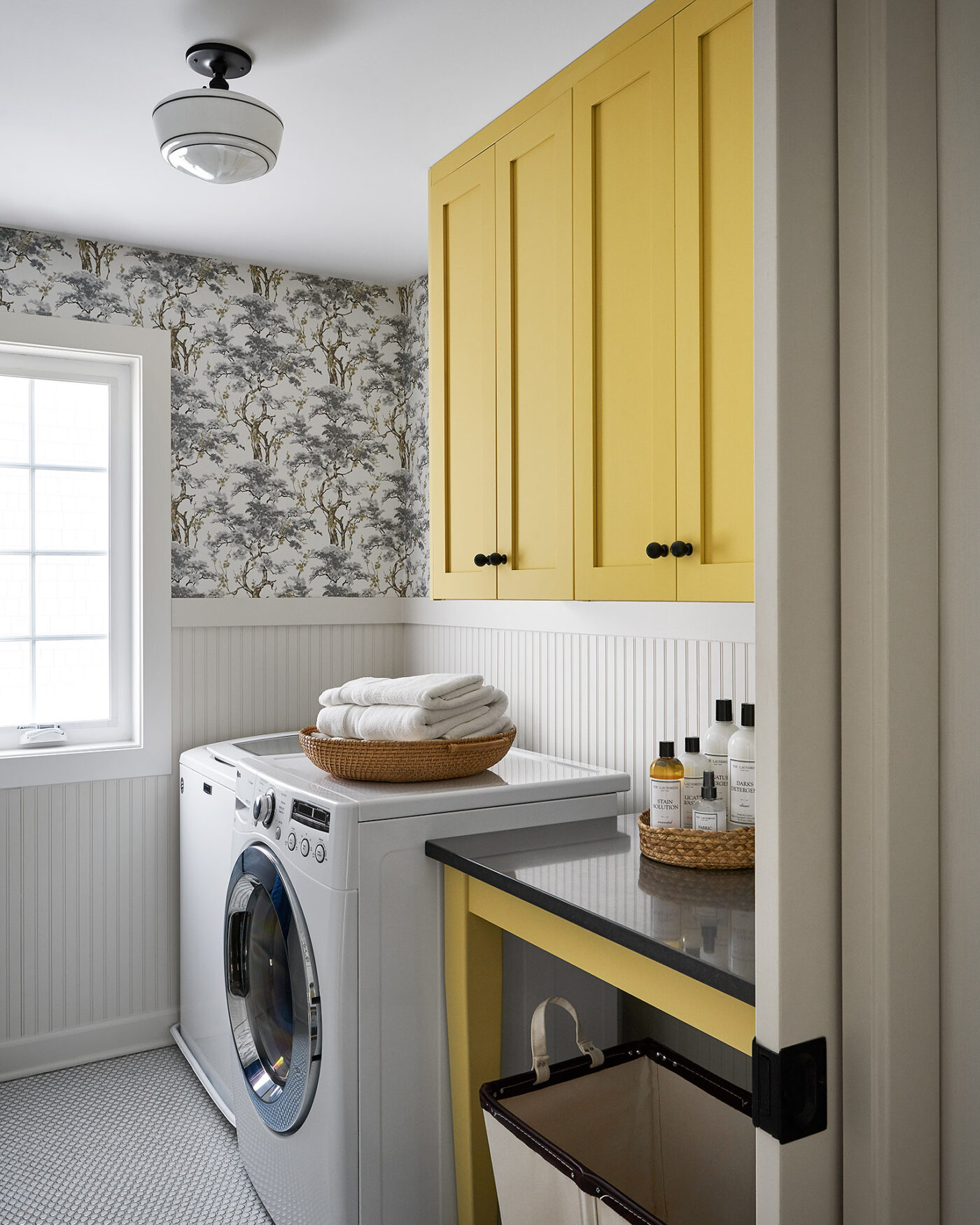
With sustainability at the forefront of most lifestyles nowadays, we have seen a notable increase in the practice of reusing. Be it takeout containers or old jars of spreads, this has become a popular habit across modern households. And while it's a step in the right direction, there is such a thing as too many containers.
If you truly take a step back and be honest with yourself, you'll find that some of the empty containers in your home barely come to be used and you may even have other items that would do well in those spots instead. Di tells us that empty containers in kitchens and even laundry rooms create unnecessary clutter and she suggests donating the food containers and recycling the rest.
8. Pantry Packaging
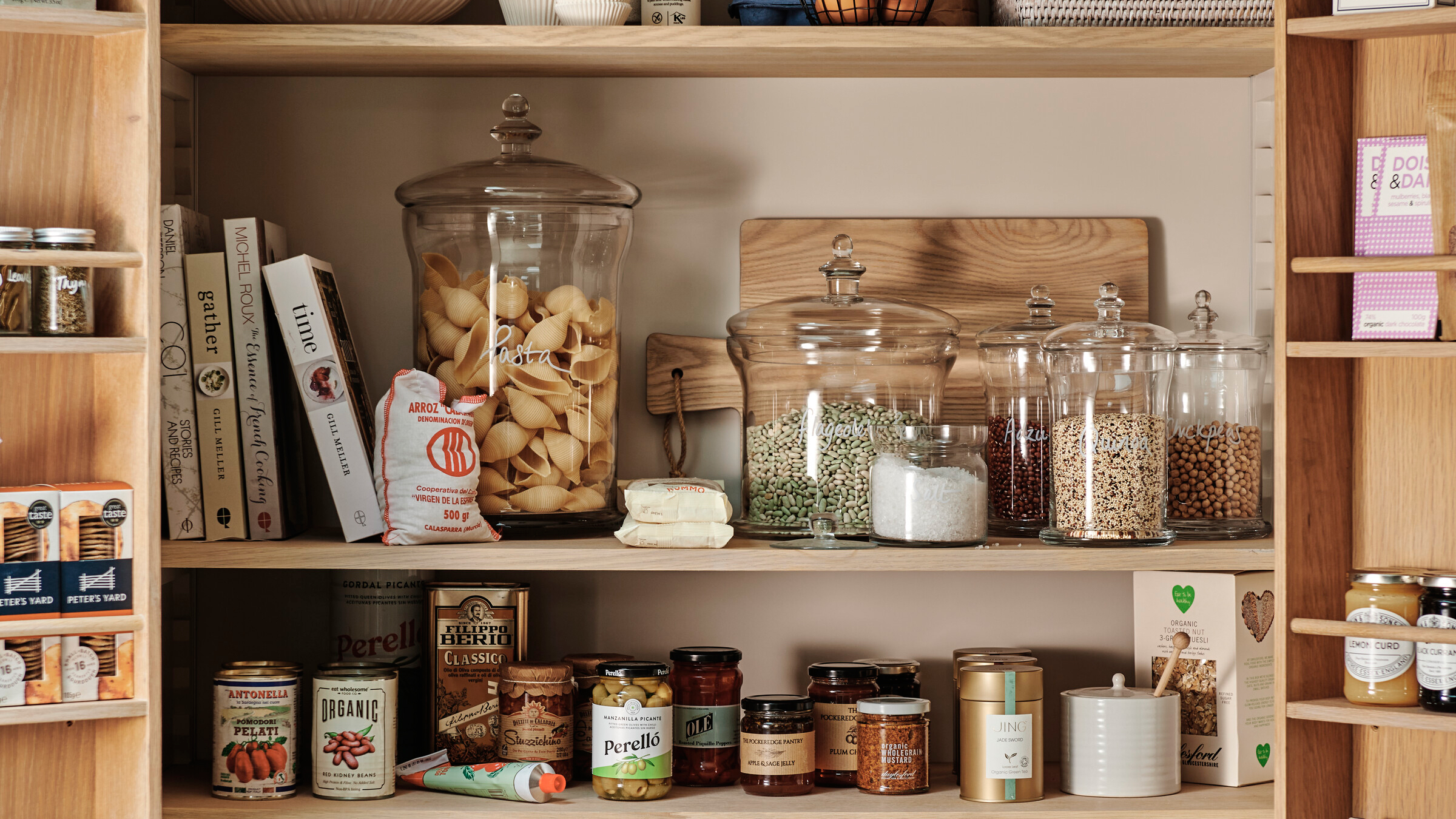
In her experience as a home organizer, Meaghan tells us that pantry packaging causes actual clutter and also creates the illusion of visual clutter. 'Bulky and mismatched packaging clutters pantries, obscures ingredients, and disrupts order, so they should be the first to go,' she says. 'Eliminating unnecessary packaging and transferring contents into clear, stackable containers optimizes space and reduces visual clutter - enhancing both functionality and style.' We love these stackable food storage containers, available at Amazon, which score on both the aesthetic and practical scale.
If you're like us and you're keen on going the extra mile, she also suggests labeling the containers with their contents and expiration dates to boost organization and ensure food safety. All you need is a nifty label maker like this one from Amazon to get you one step closer to a wonderfully satisfying pantry like Khloé Kardashian's.
9. Clothing
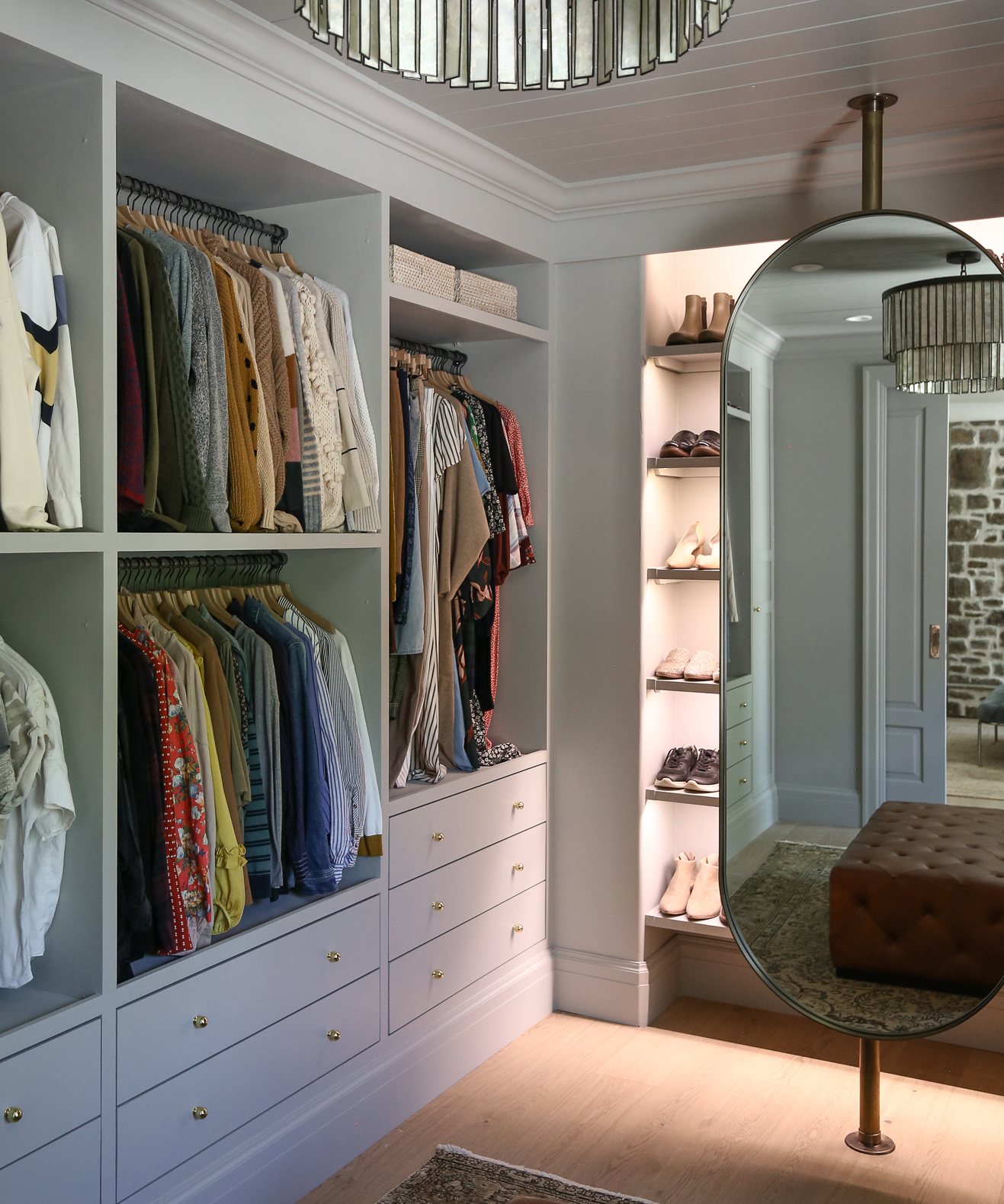
While clothing is a fairly obvious category that decluttering experts tend to focus on, it remains to be a problem zone in most homes. Kayleen tells us that the most common category she donates or discards is clothing that no longer fits or is no longer in style.
'I enjoy shopping for clothes so it only makes sense for me to regularly go through my closet,' she says. 'Clothing is the top category of what people struggle with when it comes to clutter and owning too much, which is why I typically start with the closet when decluttering a home.'
A regular closet purge can do wonders for your closet and there are plenty of decluttering tricks to get you through the process. If the idea of decluttering clothes has you down, just remember that a freer wardrobe means more space for garments that you'll actually fashion.
10. Trash & Recycling
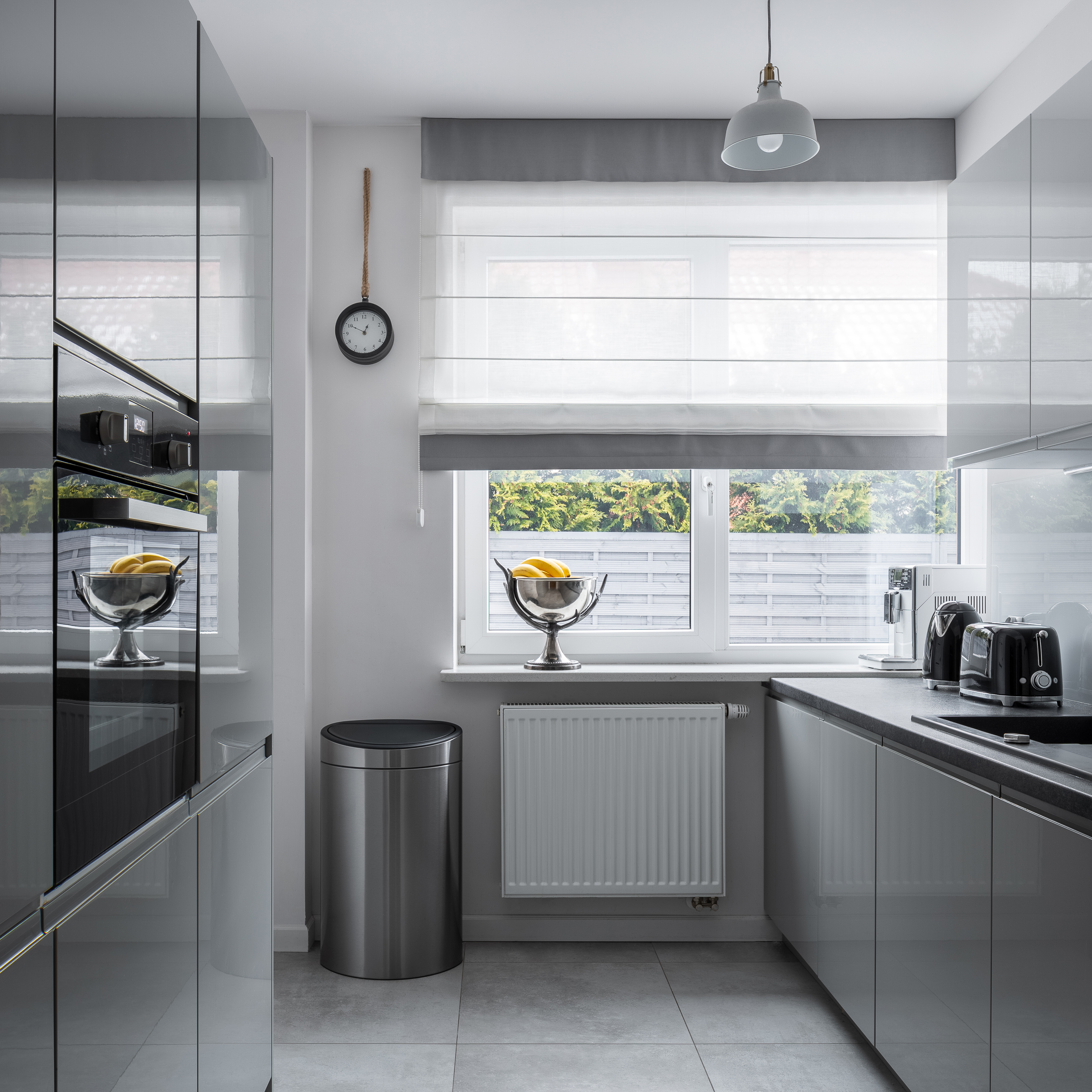
Believe it or not, trash and recycling are unfortunately a common problem factor in most cluttered homes. Reba Bassett, founder of Revelation Organizing, tells us that she generally ends up decluttering the trash first before getting to the rest of the home.
'It's amazing how much trash we can find when going through a closet or under a desk,' says Reba. 'Either it was left because of lack of a trash can nearby, or just forgetfulness.' In order to keep scraps from piling up, Reba suggests buying a small trash can like this one from Walmart for each room in your home. Additionally, we recommend sorting through your recycling every week or so, in order to avoid having to sift through an overwhelming amount of recyclables at a later date.
We understand that this list may seem like a large order of things to run through while decluttering and so we recommend doing it in portions. Ideally, we recommend tackling one room at a time and splitting your home up over several days or even weeks depending on your lifestyle. However, rest assured that no mess is too messy and that there's light at the end of a declutter. Trust us, once you break the cycle of clutter, you'll be happier to have gotten through it. And in no time you'll be marveling at your beautifully organized home and all the extra space that you now have to work with.
FAQs
What should you not throw out when decluttering?
Don't be too hasty when jumping into a decluttering project. In the same way there are some common 'go-to's, there are also certain items than need a bit more thought and deliberation. To avoid later regret, it's best to avoid immediately throwing away sentimental items like family heirlooms or photos, and never touch your partners stuff without their consent. Organizational tools, emergency supplies, and important documents are also key things you shouldn't throw away when decluttering.
If you think you are dead-set on letting these things go, pack them into a box and live without them for a set amount of time before making a decision on whether to keep them. This idea, known as the no-contact method, helps you part ways with your stuff without the fear of regret.
How do you know when to stop decluttering?
Deciding when to stop decluttering can be as challenging as starting the project itself. It's great to get 'into the zone' and the effects can be really rewarding once you see how much tidier your space becomes, but you don't want to make any rash decisions you later regret. Rather than quantify your decluttering goals, make a decision based on your mood. For example, a major sign that it's time to stop decluttering when you begin to get tired or overwhelmed.
Our top buys for a clutter-free home
Price: $15
Format: Cards
Price: $12
Format: Hardcover
Price: $15
Format: Paperback







